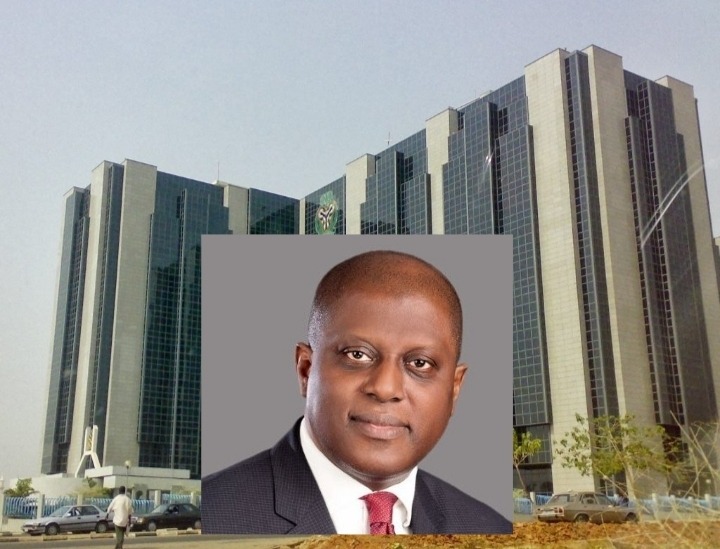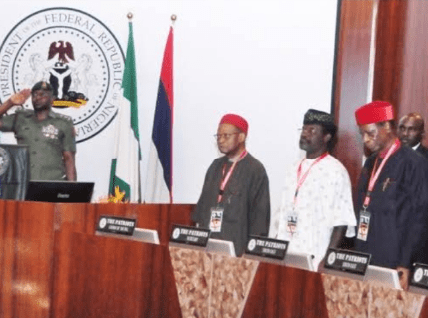This post has already been read 23412 times!
In a bold move to curb inflation, the Central Bank of Nigeria (CBN) has again increased its Monetary Policy Rate (MPR) by 50 basis points to 27.25%.
The CBN Governor Olayemi Cardoso announced the decision after the 297th Monetary Policy Committee (MPC) meeting in Abuja.
The rate hike aims to safeguard the progress made in reining in inflation, despite signs of moderating inflation. Many analysts had predicted a pause in rate hikes due to easing inflation, but the CBN opted for further tightening to ensure inflation remains under control.
Governor Cardoso explained that the decision was taken to consolidate the gains achieved so far in reducing inflation. He emphasized the CBN’s commitment to maintaining economic stability and ensuring the sustainability of Nigeria’s economic growth.
Nigeria’s foreign reserves stood at $39.07 billion as of September 19, 2024, capable of covering eight months of imports of goods and services and 13 months for goods only. This robust reserve position underscores the CBN’s efforts to stabilize the economy.
The CBN’s decision reflects an 8.5% rise in interest rates under Governor Cardoso’s leadership, who assumed office a year ago. This move underscores the bank’s commitment to maintaining economic stability.
Interest Rate Hike: Challenges and Opportunities for Micro, Small, and Medium Enterprises
The decision to raise the interest rate to 27.25% is expected to have far-reaching implications for Micro, Small, and Medium Enterprises (MSMEs). With borrowing costs increasing, MSMEs may find it more challenging to access credit, potentially slowing down their growth and expansion plans.
The higher interest rate will make loans more expensive, reducing MSMEs’ ability to invest in their businesses. Stricter lending conditions may also make it harder for MSMEs to secure loans, further exacerbating the situation. As a result, MSMEs may see their profit margins decline due to increased borrowing costs and reduced sales.
However, some MSMEs, particularly those in essential services, may be less affected by the rate hike. These businesses often have inelastic demand, allowing them to pass on increased costs to consumers without significantly impacting sales.
To navigate this challenging environment, MSMEs will need to explore alternative funding options and importove their financial management.
Innovative financing solutions, such as those offered by fintech companies and peer-to-peer lending platforms, may provide more flexible terms.
Additionally, government support initiatives can help alleviate some of the pressure on MSMEs. For instance, subsidies in key sectors can reduce operational costs and help MSMEs maintain competitiveness.
While the interest rate hike presents challenges, it also forces MSMEs to rethink their strategies and seek innovative solutions. By adapting to the new economic reality, MSMEs can maintain their resilience and continue to drive Nigeria’s economic growth.
As the landscape evolves, MSMEs must remain vigilant, seeking opportunities to improve efficiency, reduce costs, and capitalize on emerging trends. With determination and innovative thinking, MSMEs can overcome the hurdles posed by the interest rate hike and thrive in Nigeria’s dynamic economy.







